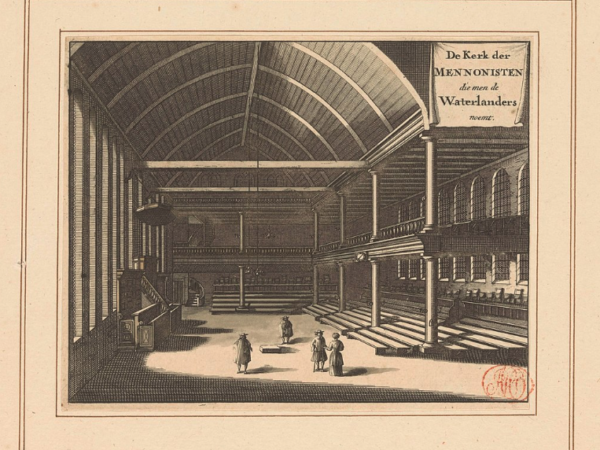
Joan Wallach Scott’s On the Judgment of History serves as an invitation to uncover a multiplicity of traditions, perspectives, and forms of agency that embrace discontinuity and tension while resisting closure, and the essays in this symposium function as an active experiment in precisely this type of endeavor.

In the end, we think that this collaboration of journals has produced an interdisciplinary exchange that deepens and complicates categories of race, equality, citizenship, and belonging that are salient in different ways to the fields of Law and Religion and Political Theology.

Political theology describes a field of research that focuses on the interaction of religion and politics while appreciating the richness of religious traditions as they relate to the foundations of political issues.

Is it the case that the European political theology is indeed derived, not from the universal requirements of any sovereign order (as Schmitt sometimes claimed), but rather from specific Christian underpinnings? Or is it the case that a fundamentally similar political ideology, one which depends on the logic of sovereignty rather than on parochial cultural assumptions, can indeed be found elsewhere?


